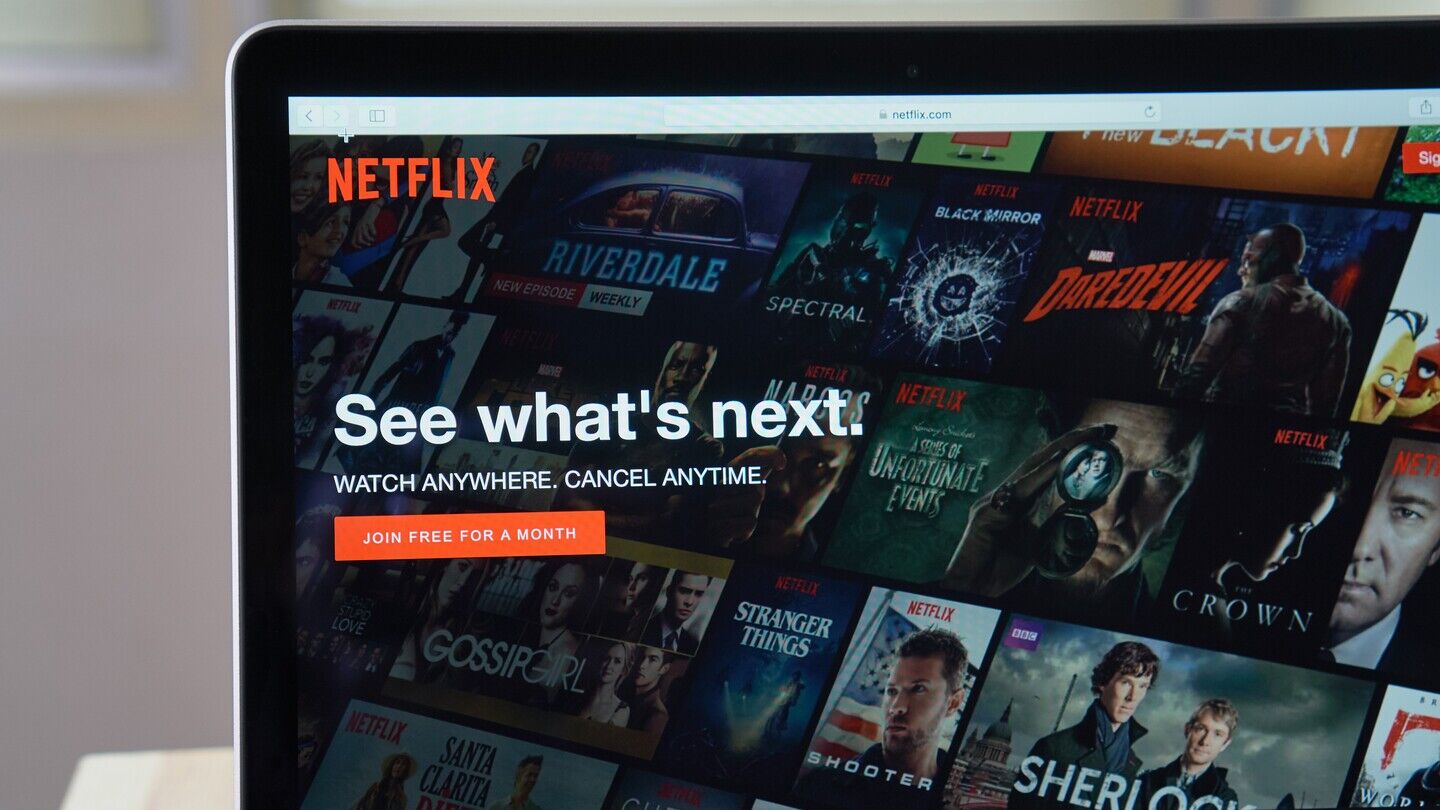Netflix is testing new search technology that is powered by OpenAI, according to a Bloomberg report.
The artificial intelligence search engine helps subscribers find TV shows and movies beyond simply looking by title, genre or actor.

Instead, it uses “far more specific terms, including the subscriber’s mood,” said the Bloomberg report. It will then recommend options from the Netflix’s catalogue.
Bloomberg said that some customers in Australia and New Zealand can already use the tool, which is only available on iOS devices. The test will soon expand to several markets, including the US.
Netflix has long used artificial intelligence and machine learning to power its recommendation algorithm, but the OpenAI search function would take this much further.
Netflix spokesperson MoMo Zhou confirmed to The Verge that the Bloomberg’s story is accurate. Zhou said that the test will expand to the US “in the coming weeks and months” and that there aren’t currently plans for the feature outside of iOS.
You are not signed in
Only registered users can comment on this article.

WBD mails definitive proxy statement to finalise Netflix merger
Warner Bros. Discovery (WBD) will hold a special meeting of shareholders to vote on the merger with Netflix on March 20, 2026. In the meantime, WBD has begun mailing the definitive proxy statement to shareholders for the meeting.

Sky's talks to acquire ITV slow down
Talks by Sky to acquire ITV’s broadcast channels and streaming platform have slowed in recent weeks, according to a report by Reuters.

Bytedance pledges to rein in Seedance AI tool
Chinese technology giant ByteDance has pledged to curb its controversial artificial intelligence (AI) video-making tool Seedance, following complaints from major studios and streamers.

Digital switch-off prospect nullifies Arqiva’s value
Arqiva’s main shareholder has admitted that its holding of the transmission company might be worth nothing.

Warner Bros Discovery mulls re-opening sales talks with Paramount
Warner Bros Discovery is considering reopening sale talks with Paramount Skydance Corp, according to a Bloomberg report.




